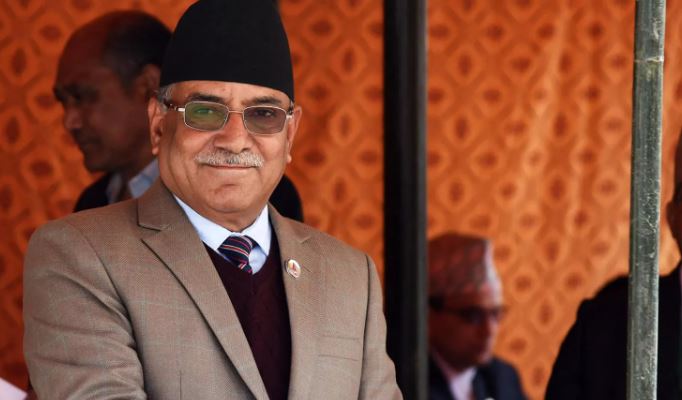Nepal’s New Government Navigates Delicate Geopolitical Landscape
Following a recent government change in Nepal, the perennial debate surrounding the nation’s foreign policy has resurfaced, with a particular focus on relations with its influential neighbors, India and China. The unexpected ascent of K.P. Sharma Oli, chairman of the Communist Party of Nepal (Unified Marxist-Leninist) or CPN-UML, to power for the third time has reignited discussions on Nepal’s strategic positioning amidst escalating geopolitical tensions.
The Belt and Road Conundrum
A significant point of contention for Oli’s government is China’s ambitious Belt and Road Initiative (BRI). Nepal signed onto the BRI in 2017, but its implementation has been met with mixed reactions due to concerns over debt traps and potential overreliance on China. While Oli faces mounting pressure from Beijing to expedite BRI projects, he must also navigate the sensitivities of India, which views China’s growing influence in the region with apprehension.
Domestic Political Dynamics and BRI’s Future
Binoj Basnyat, a strategic analyst and retired Major General of the Nepal Army, opines that while the BRI remains in the spotlight, its momentum might be tempered under Oli’s leadership due to the diverse nature of his coalition. The Nepali Congress (NC), a key coalition partner, harbors reservations about BRI projects funded through loans, preferring grants or soft loans instead. This internal discord could pose a challenge to the swift implementation of BRI initiatives in Nepal.
Oli’s Balancing Act: Strengthening Ties with India
Oli’s return to power coincides with a renewed effort to mend fences with India, following a period of strained relations due to border disputes and his perceived tilt towards China. Rajan Bhattarai, head of the CPN-UML’s Department of International Affairs, has acknowledged the importance of maintaining amicable relations with India for Nepal’s progress. However, experts suggest that Oli’s attempts to enhance ties with Delhi while navigating the complexities of the BRI could leave the Chinese initiative in a state of limbo.
Nepal’s Foreign Policy Dilemma
Nepal’s strategic location presents both opportunities and challenges in its dealings with its powerful neighbors. The country’s foreign policy decisions are often influenced by domestic political considerations and the interests of those in power, rather than a well-defined, long-term strategy. This ad-hoc approach has led to a lack of stability and consistency in Nepal’s foreign policy, raising concerns among experts and the public.
Conclusion
As Oli embarks on his third term as Prime Minister, he faces the daunting task of balancing Nepal’s relations with both India and China while navigating the complexities of the BRI. The success of his tenure may hinge on his ability to maintain a delicate equilibrium between these competing interests and ensure that Nepal’s foreign policy decisions are guided by national interests rather than political expediency.
Key Takeaways:
| Point | Description |
|---|---|
| BRI Pressure | K.P. Sharma Oli faces pressure from China to expedite Belt and Road Initiative projects in Nepal. |
| Coalition Dynamics | The diverse nature of Oli’s coalition, particularly the Nepali Congress’s reservations about BRI loans, poses challenges to its implementation. |
| Rapprochement with India | Oli is seeking to rebuild ties with India amidst growing Chinese influence in the region. |
| Foreign Policy Challenges | Nepal’s foreign policy decisions are often driven by domestic political considerations and lack a consistent long-term strategy. |
| Balancing Act | Oli’s ability to maintain a balance between India and China while navigating the complexities of the BRI will be crucial to his success. |
Soumya Smruti Sahoo is a seasoned journalist with extensive experience in both international and Indian news writing. With a sharp analytical mind and a dedication to uncovering the truth, Soumya has built a reputation for delivering in-depth, well-researched articles that provide readers with a clear understanding of complex global and domestic issues. Her work reflects a deep commitment to journalistic integrity, making her a trusted source for accurate and insightful news coverage.



